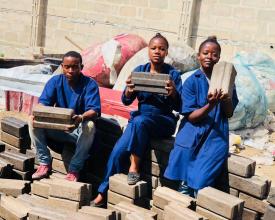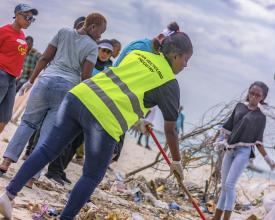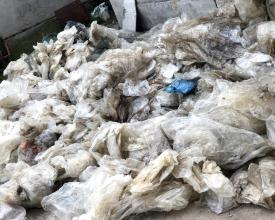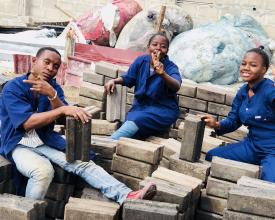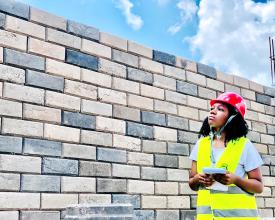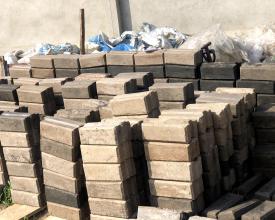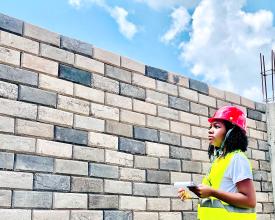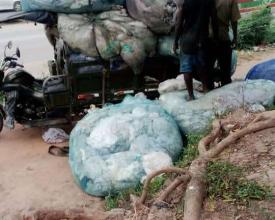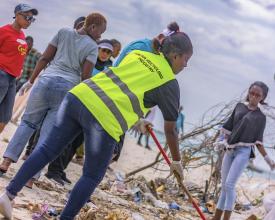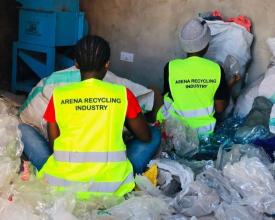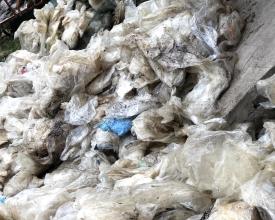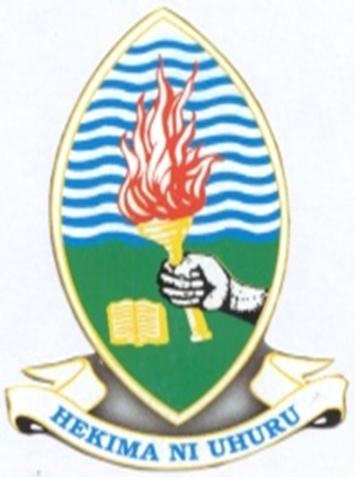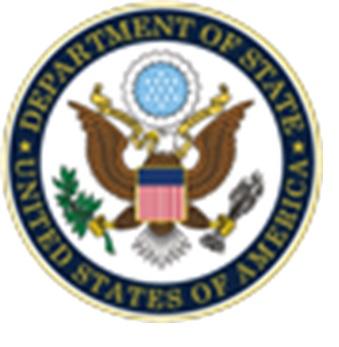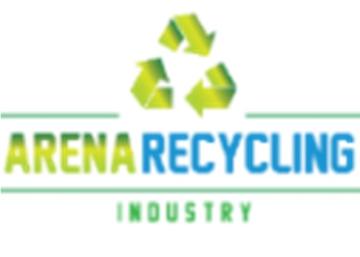
Arena recycling Industry
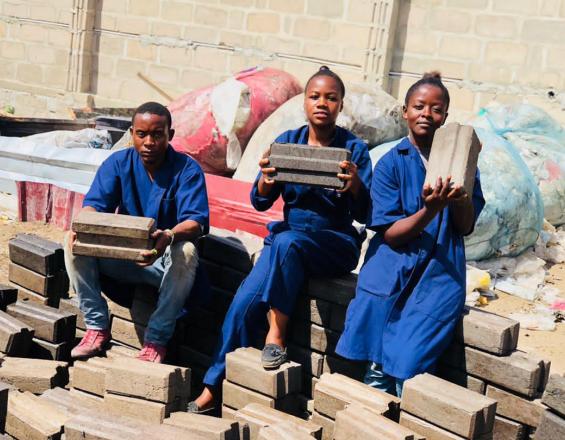
Arena Recycling Industry was established in 2018 with the aim of saving the world from plastic waste. The company is a social business enterprise that collects plastic waste from beaches in Dar es Salaam and produces building materials such as Eco-Bricks, paving blocks and tiles out of recycled plastic waste for the construction of affordable houses, toilets, and other buildings in rural areas. This solution not only contributes to plastic-free beaches and waterways but also helps bridge the water and sanitation gap by constructing water tanks and latrines with eco-bricks. Arena educate and promote the change of behavior in waste disposal, by involving community into recycling logistics and improve their income by buying collected plastic waste from the environment. The collected plastics are then sorted according to density, melted, and mixed with sand to produce bricks.
Context
Challenges addressed
Although Arena recycling is reducing plastic waste from beaches and waterways, their work requires a huge space for production activities. Currently, there is no specific area set aside by the government for industrial plastic recycling activities. They are operating in nearby human settlements which cause environmental damage like noise pollution. Also, Eco-bricks are new to society so some people are questioning their durability and safety. Economically, recycling plastics wastes to make Eco-bricks require an investment of advanced machinery. As a start-up enterprise the challenge is a lack of capital and low production capacity hence they do not meet the high demand from customers.
Location
Process
Summary of the process
Establishing a strong partnership with companies producing plastics has enabled Arena to access clean and plenty of plastic raw materials that are suitable for making eco-bricks and pavements. One of the characteristics of Arena bricks is that they are waterproof and are recommended for use in wet areas. Moreover, Arena Recycling Industry is involved in beach clean-ups twice a month where they collect the waste as raw materials and add values through recycling. From these initiatives, they have managed to raise USD 3000 which helped them to fabricate a small machine for making high-quality pavers. Also, they have partnered with an NGO called Young Water Fellow by signing a contract to build toilets in the primary school of Temeke district. The project was affected by Corona but they have managed to complete it early this year.
Building Blocks
High quality products
Arena Recycling Industry collects plastic waste from beaches in Dar es Salaam and produces building materials such as Eco-Bricks, paving blocks, and tiles for the construction of affordable houses, toilets, and other buildings. These eco-bricks are waterproof and two times harder and more durable compared to normal bricks. They are anti-fungal and anti-corrosive. The market demand for these products is very high due to their high quality.
Enabling factors
To produce high-quality products moldings and crusher machines that have the power to ignite are required. To secure these machines we got funds from UNDP through SEED SPACE COMPETITION that enabled us to fabricate some machines. An extruder machine was fabricated locally at Small Industry Development Organization (SIDO) and Vocational Education Training Agency (VETA). Also, technology and innovative ideas are needed in order to produce products that can meet the market demand.
Lesson learned
Molding and crushers can be fabricated locally, but the challenge is to get technicians with experience in the technology required. To meet the high demand from customers, increasing production capacity is mandatory and it can be achieved through investing in machines. Also, the production of high-quality products can be achieved by using clean raw materials.
Resources
Plastic waste value chain
Key players in the plastic value chain are waste pickers, wholesalers, assorters, recyclers and traders. Arena purchases plastic wastes from waste collectors and those collected during beach cleanups. Thereafter, waste is sorted according to polymers because there are different types of plastic that are different in nature. Some are high density and some are low density. After sorting, plastics are crushed into small pieces, mixed with sand, then heated in an extruder to produce a concrete-like mixture which is then compressed into bricks or pavements.
Enabling factors
A well-organized system of collection, sorting, and washing plastic waste enables Arena to work efficiently. Arena has established collection centers around areas where suitable plastic waste materials are available in abundance. For example places in clubs or hotels where it is easy to get clean plastic bottles.
Lesson learned
Not all the plastic brought to our collection center are useful. Some bring wastes mixed with other materials and other organic waste so as to make the weight increases. Because we buy per kilogram they can bring the same amount but not the plastic materials that we want. We want clean bottles and plastic cartons. The challenge is the loss in weight after sorting compared to the recorded weight of collected plastic wastes.
Establishing strong partnership
Partnership in the recycling industry enhances success in the business. Arena's recycling industry duty is to collect plastic wastes as raw materials which is why they have been able to enter into a partnership with Coca-Cola because they have common goals and interests. Coca-Cola is producing a lot of plastic packaging items which are raw materials for Arena. Likewise, Arena is in the process of establishing collaboration with all the companies that produce plastic products. The aim is to enter into an agreement that all the garbage produced at any of their events must come to Arena.
Enabling factors
Arena and Coca-cola both have the responsibility to care for the environment. Arena recycling industry has the capacity to consume plastics in large quantities because one brick consumes tons of plastics because it is made of 60% plastic. Hence Coca-cola is assured that all the plastic materials they produce will be recycled.
Lesson learned
The things we learned in partnership with Coca-cola is that we get the raw materials easily, and then when you make a partnership there is something called branding so we promote each other in the sense that we all are responsible for the environment and we get the branding of our company.
Impacts
To date, Arena has successfully collected more than 500 tons of plastic waste and has produced and sold more than 25,000 Eco-bricks, and 10,000 Square meters of pavement blocks. The collection of plastic waste contributes to the health of the environment and surrounding communities. Also, Arena has partnered with Young Water Solutions Organization to serve 4500 students by constructing 12 pit latrines and 2 water tanks in Kiburugwa and Karume primary schools in Dar Es Salaam. This means that 70% of students have access to quality water and sanitation through the construction of water tanks and toilets by using Eco-bricks. Moreover, Arena has created employment for vulnerable people especially women and youth through business and project activities. It has created 8 direct jobs and 20 indirect jobs, 65 % of these employees are individual households who are living with less than $2 per day. The arena has reached more than 6000 people through exhibitions, congress, conference, public speaking, and social media platforms on awareness about plastic waste management.
Beneficiaries
- Waste pickers and women involved in sorting of waste
- Arena employees
- Urban dwellers who got their waste collected
- 3000 students who have access to sanitary facilities in their schools (partnership with Young Water Solutions)
Sustainable Development Goals
Story
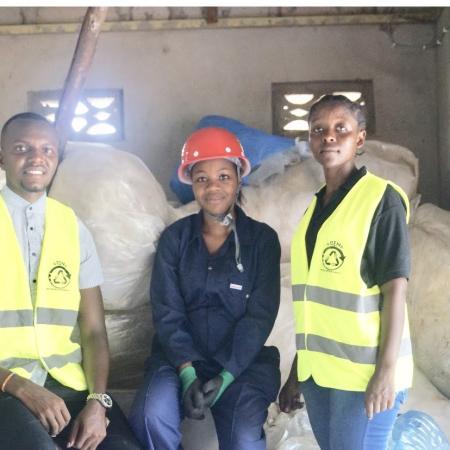
Hellen, a Medical Laboratory Scientist is the CEO and founder of the Arena Recycling Industry. Hellen's engagement in plastics began the time she worked as a volunteer for PHEDES an organization involved in psychological and environmental issues. Among the activities they were doing is beach clean-ups where a large percentage of waste collected were plastics. During her time at PHEDES, she attended the United Nations sustainable development goals meeting where she gained knowledge about plastics waste and its impacts on the Ocean. Hellen learned that there were business opportunities in plastics recycling but she didn’t know how to do it. After reading and watching videos she started experimenting at home by collecting plastic waste and heating them in a pot to see what will happen but no one supported her ideas. Her parents thought she was just destroying household utensils. Although, she did not get the support she continued trying until she produced a prototype. She showcased her product but received no support because no one believed plastics would make bricks. She used her own funds about TZS 100,000 to fabricate tools and did many trials of different formulas until when she got a proper one. Hellen and Irene started working together and whenever they attended business meetings they shared ideas, some would tell them is good but some would say it is impossible. They decided to follow positive opinions by presenting their idea to different forums. As they continued to grow they welcomed other members with whom they interacted at different forums. Those members were interested in what they were doing and requested to join. One was a graduate from the University of Dar es salaam, studied marine science with interests in conservation and another one had skills in human resource management. They started by collecting plastic waste themselves from places like shops, and households and later established a plastic collection center at Buza. They hired people who are in charge of the station, whenever the collection is enough they hire a car to bring all the plastic waste to the factory. The price differs depending on the source, buying directly from collectors is TZS 150-200 per kg and from people owning collection centers is TZS 250-300 per kg. Also, they organize beach clean-ups twice a month where all plastic wastes collected are raw materials for their factory. The year 2018 was the time to validate their products and 2019 is when they have managed to produce pavers and bricks.

